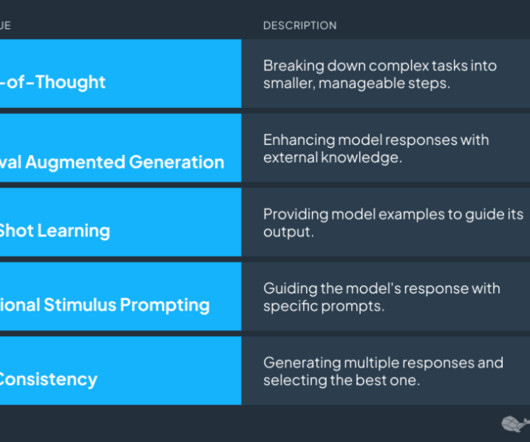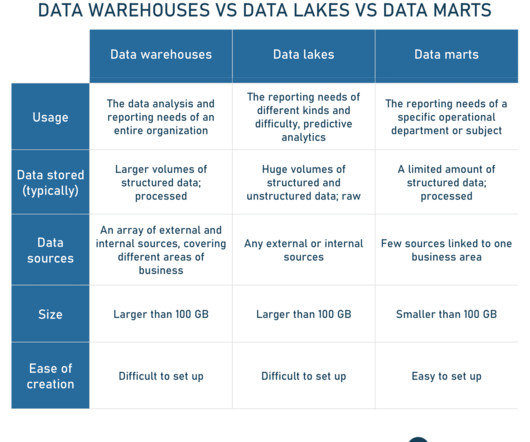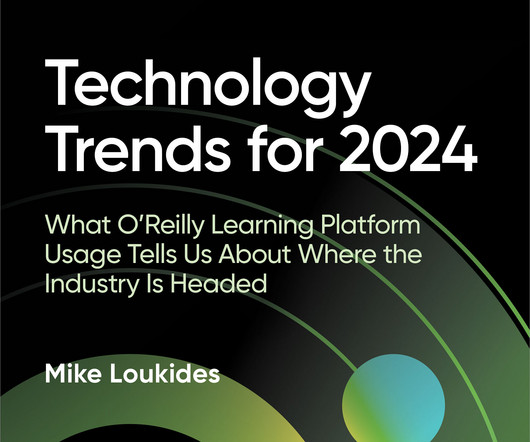IT leaders’ AI talent needs hinge on reskilling
CIO
JUNE 3, 2024
Although some colleges already offer AI classes, many haven’t had time to create new programs to meet the increased demand from the new AI boom, which started with the launch of ChatGPT in November 2022. That mix of technical and soft skills is another factor shaping the shift toward reskilling for AI.

















Let's personalize your content